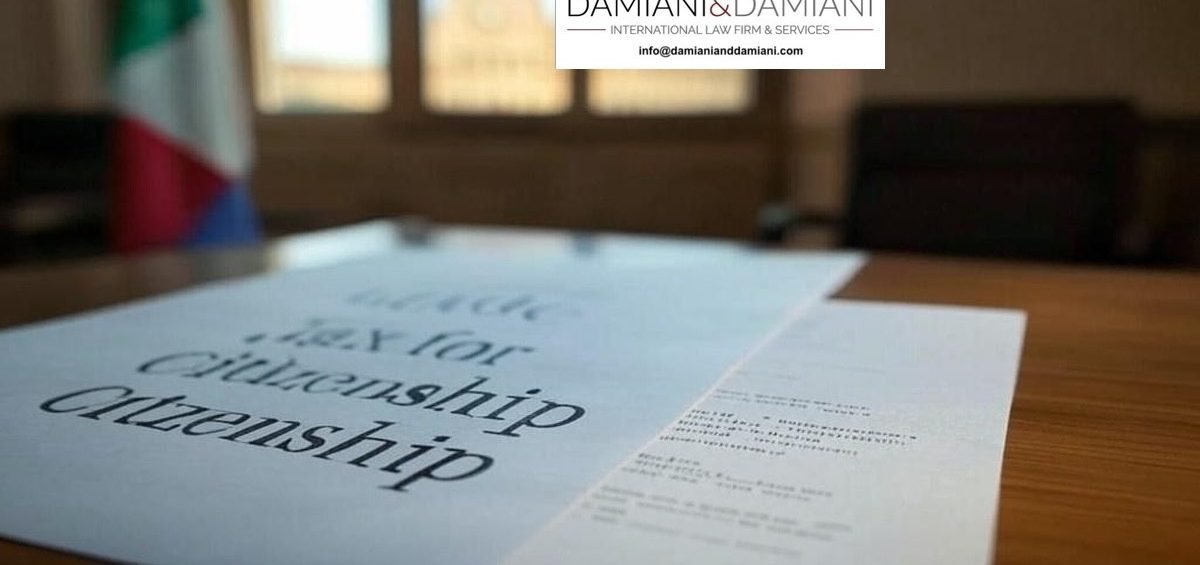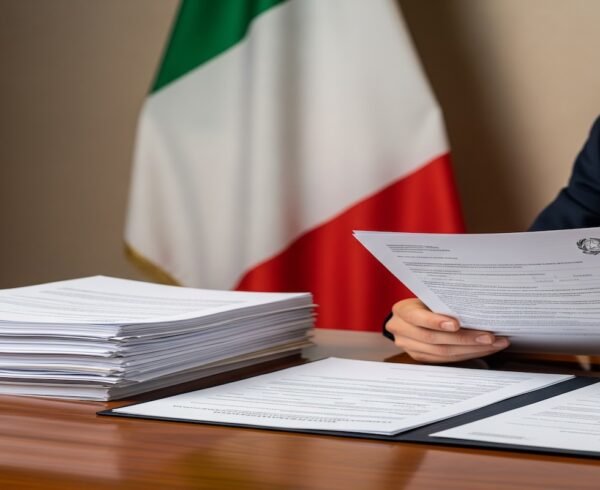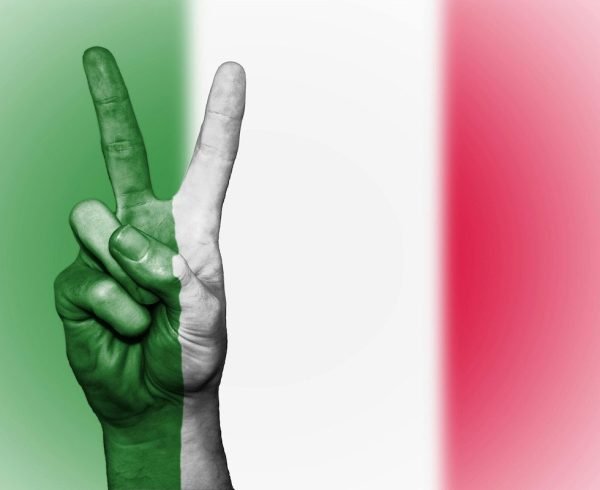The recent Budget Law 2025 introduces a fee of €600 for applications for the recognition of Italian citizenship. This new levy affects both those who apply administratively, at municipalities or consulates abroad, and those who choose to take the judicial route before the court. A measure that raises more than a few doubts, especially due to its uneven application and potential profiles of unconstitutionality.
Italian Citizenship Recognition Fee 2025: Where It Is Required – Municipality, Consulate, Court
Starting January 1, 2025, a unified fee of €600 will apply to all requests for Italian citizenship recognition. Here’s how it works depending on where the application is filed:
1. Consulates
For applications submitted abroad through Italian consulates, the €600 fee is required. The revenue collected from these fees is specifically allocated to improving consular services. Priority areas include:
- Reducing processing delays for citizenship applications.
- Hiring additional local staff to expedite case reviews and improve service efficiency.
2. Municipalities
- Applicants filing their citizenship requests in Italy through local municipalities will also be required to pay €600. However, unlike consular applications, there are no clear provisions or regulations specifying how the funds collected by municipalities will be used. This raises questions about transparency and the reinvestment of these fees into administrative improvements.
3. Courts
On the judicial front, the €600 fee becomes mandatory for every individual petitioner, even in cases of joint applications submitted by family members descended from the same Italian ancestor. This represents a significant change, as:
- The cost of seeking citizenship recognition through the courts increases, potentially deterring applicants.
- There is no redistribution mechanism to reinvest the revenue from these fees into the judiciary, leaving courts without additional resources to address case backlogs or improve processing times.
This new system reflects a broader effort to standardize fees across different application channels but also highlights disparities in how the revenue is managed. For descendants of Italian immigrants in the USA and elsewhere, these changes underline the importance of planning and exploring the most suitable application pathway.
This is what is the Purpose of the New €600 Fee for Italian Citizenship Recognition
The main difference between the two methods of paying the citizenship fee, administrative and judicial, lies in how the revenue is allocated:
- Consulates: The funds collected from the fee are reinvested in consular services, improving efficiency and reducing processing times.
- Courts: There is no comparable provision ensuring that the revenue is redistributed to enhance the functioning of the judicial system. This raises questions about the measure’s fairness and its alignment with the principle of efficient public administration.
This disparity in treatment fuels concerns about a fee that seemingly aims only to generate revenue without providing any tangible benefits to users of the judicial system.
Profiles of Potential Unconstitutionality
The new €600 fee may raise several constitutional concerns:
- Principle of Equality (Article 3 of the Constitution):
The uniform taxation of differing situations – consular, administrative, and judicial applications – may be inequitable. While consulates reinvest the revenue to benefit applicants, courts lack any redistribution mechanism to improve services for users. - Right of Access to Justice (Article 24 of the Constitution):
The introduction of an individual unified contribution of €600, even for joint family applications, risks discouraging access to justice, particularly for less affluent families, thus hindering their right to defense. - Principle of Efficiency and Impartiality in Public Administration (Article 97 of the Constitution):
The absence of a system to reinvest the revenue collected by courts may be seen as a violation of the obligation for efficient public administration.
The introduction of the €600 fee for the recognition of Italian citizenship is, in many respects, contentious. On the one hand, allocating revenue to consulates is a positive measure to improve services. On the other hand, the lack of a similar redistribution mechanism for courts and municipalities undermines the fairness of the provision and raises doubts about its constitutionality.
A corrective intervention would be desirable to:
- Ensure greater equity in the allocation of collected funds.
- Introduce measures to make the fee more sustainable and reasonable, especially for judicial proceedings.
It remains to be seen whether these issues will be addressed or if it will be necessary to appeal to the Constitutional Court to assess their legitimacy.














